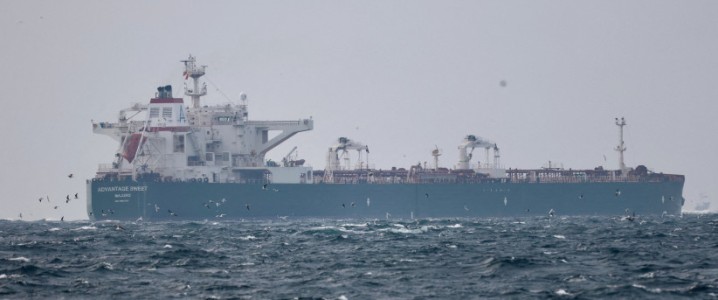
Negotiations between Iran and a trio of European nations have reached a critical juncture as Europe prepares for potential snapback sanctions against Tehran. These discussions, heavily influenced by the United States, come in the wake of escalating global tensions and a looming deadline of October 18, 2023, which could see the reimposition of comprehensive sanctions previously lifted under the Joint Comprehensive Plan of Action (JCPOA).
Historically, Europe has maintained a complex relationship with Iran, rooted in both commercial ties and geopolitical interests. Notably, France and Germany have pursued diplomatic engagement even after the U.S. withdrew from the JCPOA on May 8, 2018. The withdrawal was a pivotal moment, shifting the dynamics of the agreement that aimed to limit Iran’s nuclear ambitions. Britain, on the other hand, has taken a more cautious stance, shaped by its historical involvement in Iran’s political landscape dating back to the 1953 coup that removed Prime Minister Mohammad Mossadegh.
As the geopolitical landscape has shifted since Russia’s invasion of Ukraine on February 24, 2022, European nations have become increasingly aware of the broader security threats posed by an alliance of adversarial states, including Iran. The European bloc recognizes that Iran’s ongoing military support for Russia, particularly through the provision of drones and missiles, complicates the security environment in Europe.
The recent talks aimed to assess Iran’s willingness to negotiate a new version of the JCPOA and to gauge its reaction to the impending sanctions. A senior security source in Washington indicated that this diplomatic outreach was seen as a “scouting mission” to determine Tehran’s stance. The urgency is underscored by the fact that if snapback sanctions are not reimposed by the EU by the deadline, all United Nations sanctions on Iran will be lifted.
These snapback sanctions encompass a wide range of measures, including renewed financial restrictions on individuals and companies associated with Iran, and increased scrutiny from the Financial Action Task Force (FATF). The FATF’s criteria for combating money laundering and financing terrorism are particularly relevant given the activities of the Islamic Revolutionary Guard Corps (IRGC), which plays a crucial role in Iran’s military and geopolitical strategies.
The pressure on Iran to avoid these sanctions is palpable. Washington believes that the Iranian regime, facing a critical juncture, may be compelled to make significant concessions to prevent the reimposition of sanctions that would cripple its economy. Observers note that the U.S. aims to ensure Iran has no enriched nuclear material and to establish robust inspection protocols to monitor Iran’s compliance.
In a broader context, the U.S. and its allies are also focusing on diminishing the IRGC’s operational capabilities. This includes efforts to undermine its financial base through FATF mechanisms, potentially leading to greater political changes within Iran itself. There is growing speculation about the possibility of a shift in power, with increasing support among Iranians for exiled Crown Prince Reza Pahlavi.
From the European perspective, there is a clear consensus on the need for stringent measures against Iran. A senior EU security source has expressed concerns over the increasing military collaboration between Iran and Russia, which poses direct risks to European security. Reports indicate a significant influx of Russian nuclear scientists to Iran and the presence of North Korean missile experts, raising alarms about Iran’s missile capabilities.
The European Troika’s conditions for any future JCPOA discussions are becoming more stringent, with demands for Iran to limit its missile range. Tehran has rejected these conditions, complicating the possibility of reaching a diplomatic resolution.
Following the weekend talks, the U.S. has been fully briefed on the outcomes, which are viewed as a critical opportunity for a long-term diplomatic solution. However, if Iran fails to demonstrate a willingness to negotiate, the likelihood of snapback sanctions increases significantly. This could lead to Iran’s withdrawal from the Nuclear Non-Proliferation Treaty (NPT), prompting a more aggressive response from the U.S. and its allies to counter Iran’s nuclear ambitions.
As the situation continues to evolve, the stakes are high for both Iran and Europe, with potential implications for global security and the stability of the region. The coming weeks will be crucial in determining whether diplomatic channels can be effectively utilized or if tensions will escalate further.






